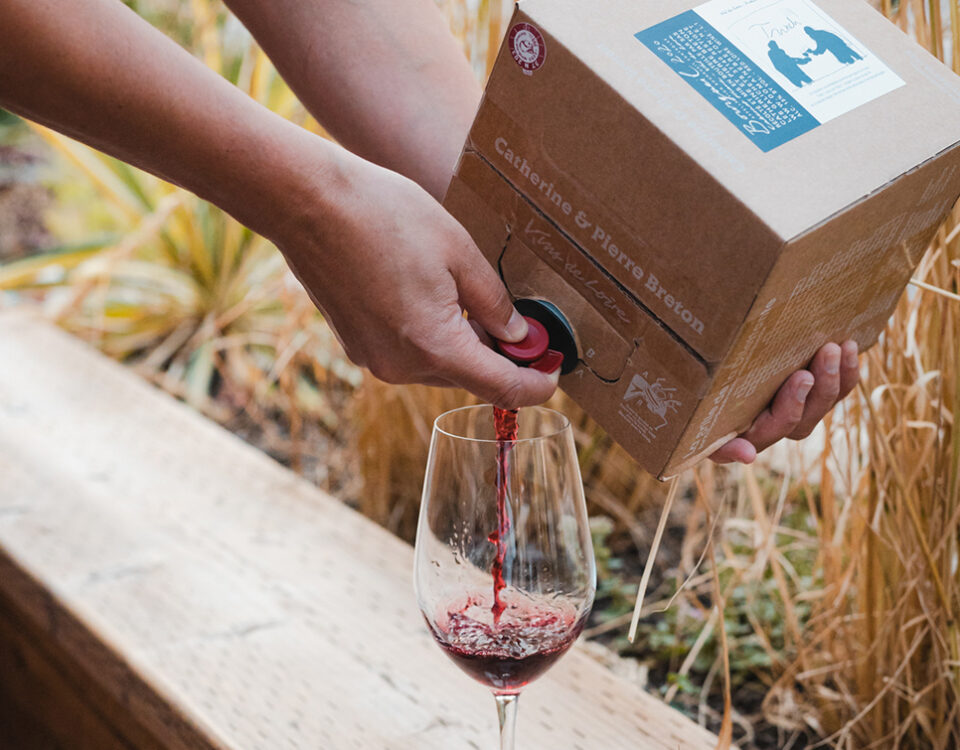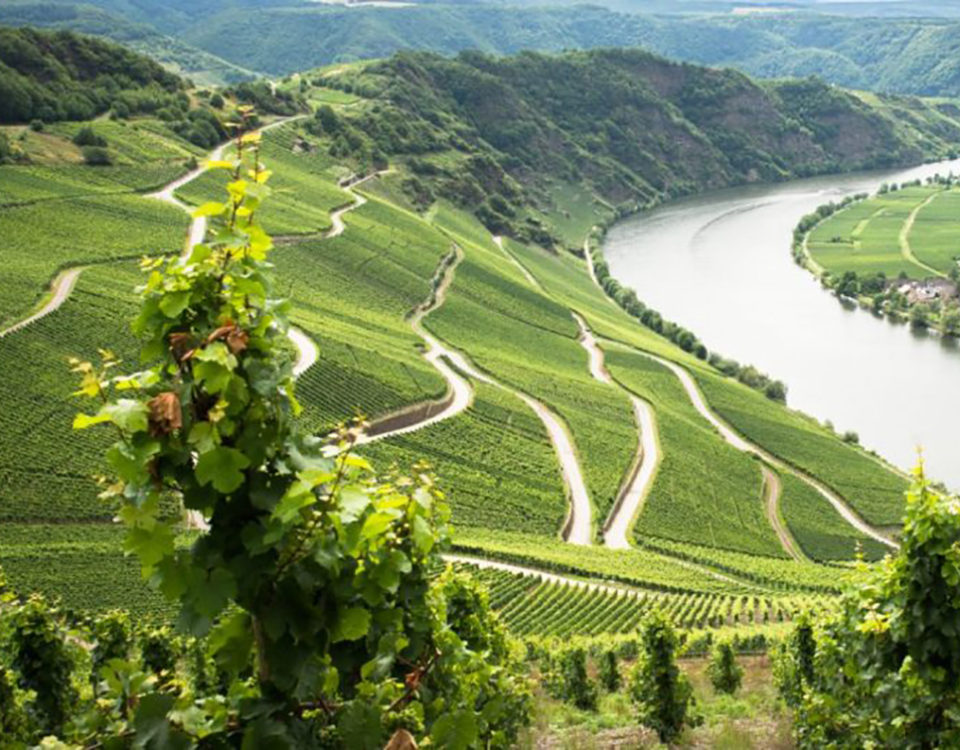Producers adapting to climate change
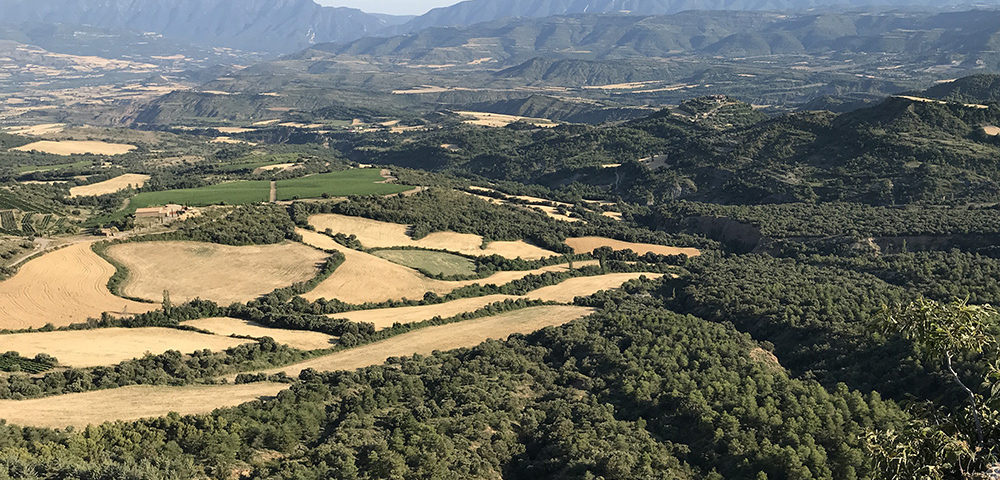
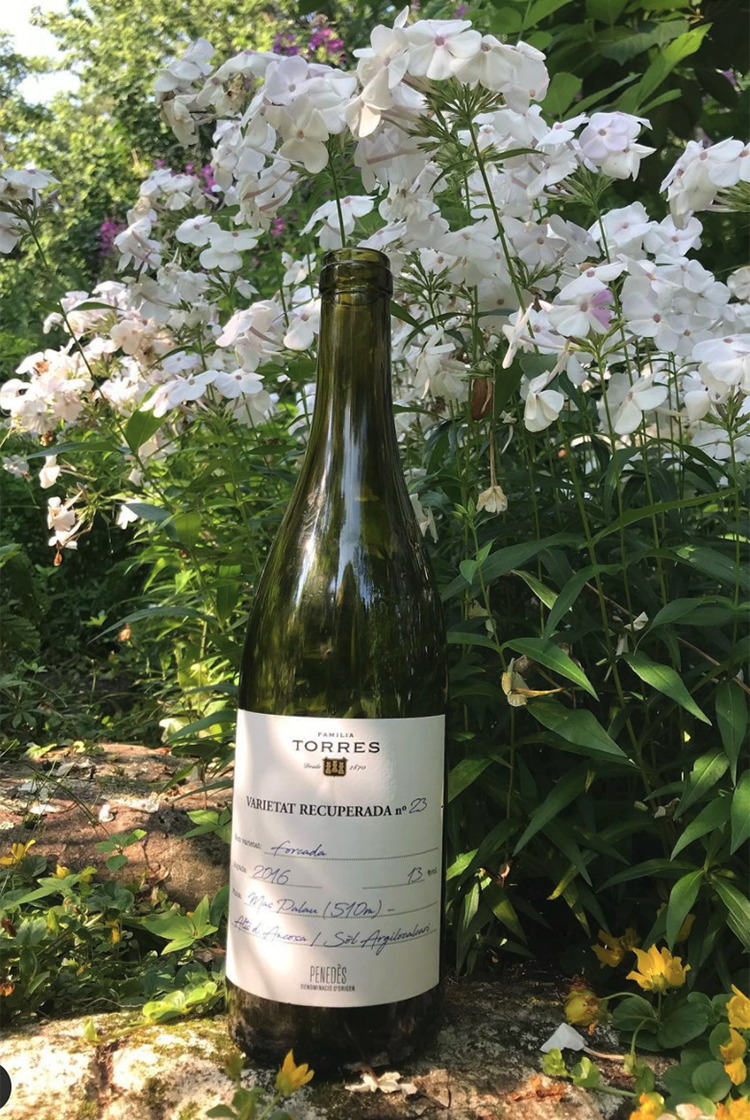
2016 Torres Forcada Penedès DO, Spain
Austere and restrained in its youth, this Forcada developed into a brilliant and complex wine after a few years in the cellar. Full body with tangy acid, creamy texture with a firm structure. Great depth on the palate with notes of citrus and apple in symbiosis with the touch of kerosene that is starting to develop. Stunning wine.
In his desire to recover abandoned Catalonian grapes once popular in the Middle Ages, Miguel Torres found multiple grapes that are adapted the climate change. One of those grapes is Forcada. One of the explanations as to why this white grape might have been abandoned is that after the warm period of the Middle Ages, the grape was not ripening well anymore. Today, when planted in the Penedès, Forcada ripens 1.5 months later than Chardonnay and it produces grapes with a total acidity of 8 mg/L. The high acidity and late ripening coupled with the high quality of the grape make Forcada a strong contender to be further planted in the future.
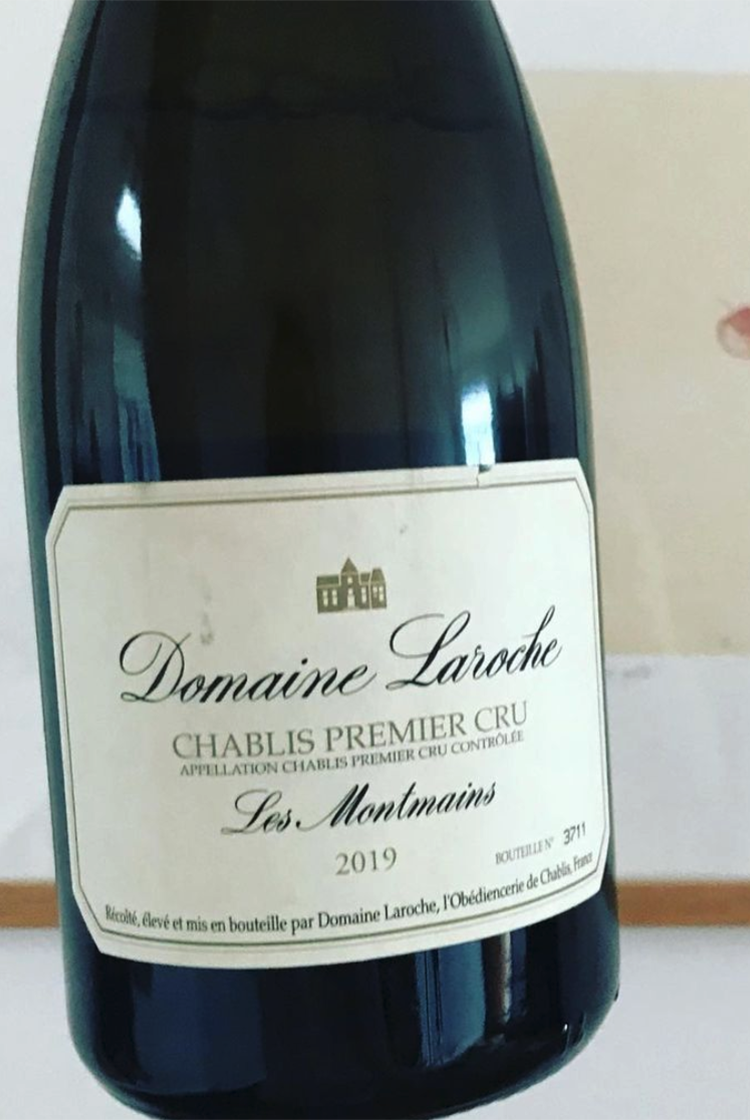
Domaine Laroche Les Montmains Chablis Premier Cru 2019
Precise, pure and quietly powerful. Great tension and energy with crisp acid lifting the citrus, green apple and wet stone aromas. Nice chalky texture and long lingering finish. Simply stunning. Hard to resist the temptation to drink it now but it will reward the person who waits 6-8 years. Grégory Viennois, winemaker at Domaine Laroche, was one of the speakers at our last conference. Many strategies have been adopted to adapt and mitigate climate change. The severe frost this last spring and in previous years and the hail that is becoming a regular occurrence are just a confirmation of the importance to mitigate climate change.
Sustainability is an integral part of the Domaine Laroche’s philosophy. In the next few weeks, Michelle will be sharing an interview she did with Gregory. In the meantime, here are a few things the company is doing : promoting biodiversity, energy reduction, maximizing rainwater usage, prune later in the season with the hope the buds will come out later, grass kept short to reduce moisture to keep cold trap away, experimenting with electric cables which can heat the buds during cold nights.

